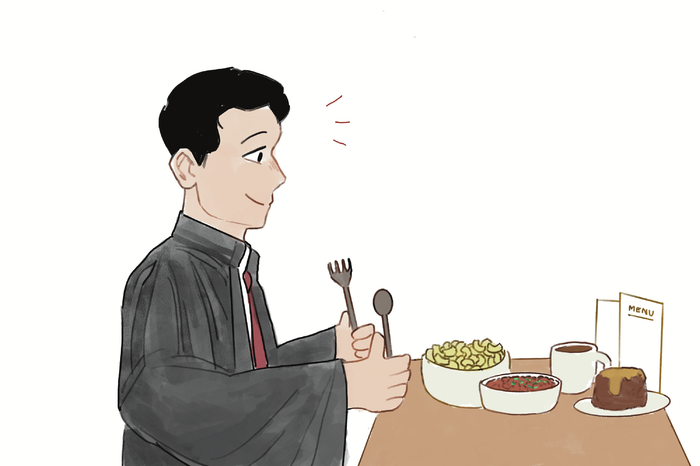Changing our focus on vision boards
Nicole Banas argues that vision boards should not glamorise the goal, but help us to appreciate the process

In the liminal space between the end of the year and the start of the new one, social media is ablaze with one thing: the “new you”. An age-old partner to commodification culture, we are inundated with tips, tricks, and hacks to become smarter, slimmer, prettier, healthier, stronger, better. This year, however, I stumbled upon a new medium, shunning the ever-abandoned lists of resolutions. The vision board, introduced to me by a flood of aesthetically-pleasing TikToks, combines obsessive Pinterest usage with the theme of personal renewal through creative collage-making.
The urge to open Canva was too hard to resist. The vision board puts power in the creator’s hands; you select the exact image you’ll imitate, curate the aesthetics you’ll follow, crop, cut, and kill the aspects you dislike. It’s an empowering activity. Suddenly, my body, my personality, and my academics became putty in my hands, flexible and moldable into the exact shapes I wanted them to be. I could become everything and anything I wanted.
“The vision board displays what I desire, right in front of me”
The art of visualising, or “manifestation”, is for some a useful tool for hope and self-growth. Nevertheless, I think that the attractive spell of the vision board and methods like it fail because of how alluring they are. The underlying force which attracts us to these visions undermines their actual worth: the magic. “Magical thinking” is the belief that one’s thoughts or feelings by themselves can bring about real effects in the world. If I will it hard enough, I will arrive at what I want. The vision board displays what I desire, right in front of me. And it can too easily fall prey to staying just an illusionary “display”.
I don’t believe this is the case for everyone. The discipline and work ethic of Cambridge student life certainly helps to embed a more work-oriented attitude. Even still, research shows that this method can be more harmful than motivating. In one study, researchers at the University of California asked one group of students to visualise themselves getting a great grade in an exam, and then asked another group to visualise themselves actually studying for an exam. The students who visualised themselves getting good grades scored lower on the test than those who visualised themselves studying, who ultimately put more time into preparing for the test. There are multiple studies that show athletes, students, and musicians perform worse when they visualise success, instead of the actual steps to succeed.
“Its magic is appealing because it does the job, without effort from us”
This is because the endorphin rush of the vision board operates by presenting to you what you want as if you already have it. When you put a picture of the “glass skin” you crave on your vision board, your brain reacts as if it already exists, giving you a relaxation response. The power of “the vision”, therefore, is not enough to make dreams turn into reality, and there are several pitfalls to it being used as a motivation technique.
It is also important to recognise that it is easier for certain people to imagine a perfect vision of their future self when not dragged down by present day struggles. Some of us can’t envision the “new me” of next year when we’re worried about next week.
Ultimately, for manifestation and vision boarding to truly work, the visionary aspect is not the part to focus on. Its magic is appealing because it does the job, but without effort from us; realities are harder. Transformation does not occur with a flick of the wrist, and some things will forever stubbornly remain out of our power. Focus instead on the processes, the tangible actions you need to make in order to move towards a goal. Be motivated by the work you put into getting there. Be prepared to fail. Acknowledge that to get something, you may have to struggle. Only movement, not thinking, is capable of taking you to new places in the New Year.
Want to share your thoughts on this article? Send us a letter to letters@varsity.co.uk or by using this form.
 News / Caius mourns its tree-mendous loss23 December 2025
News / Caius mourns its tree-mendous loss23 December 2025 News / Clare Hall spent over £500k opposing busway 24 December 2025
News / Clare Hall spent over £500k opposing busway 24 December 2025 Comment / The ‘class’ of Cambridge24 December 2025
Comment / The ‘class’ of Cambridge24 December 2025 Comment / Yes, I’m brown – but I have more important things to say22 December 2025
Comment / Yes, I’m brown – but I have more important things to say22 December 2025 Interviews / Politics, your own way: Tilly Middlehurst on speaking out21 December 2025
Interviews / Politics, your own way: Tilly Middlehurst on speaking out21 December 2025








